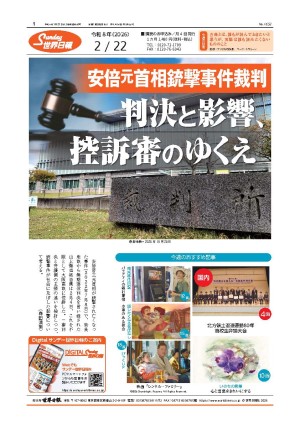天然資源活用の過剰な犯罪化は危険 The consequences of ‘ecocide’: Overcriminalizing the use of natural resources
手付かずの惑星は、21世紀では高く評価されており、環境を無思慮に汚す人間の活動は厳しく非難されている。しかし、母なる自然の熱心な擁護者は、恥を知れと言うだけでは満足していない。彼らは、生態系への損傷を新たな国際的犯罪とすることに余念がなく、それを「エコサイド(環境の破壊)」と命名している。しかし、米国人は気を付ける必要がある。1人の人間による他の人たちの生活を良くするための天然資源の活用は、別の1人の人間にとっては、エコサイドのように見える可能性がある。
...【全文を読む】







